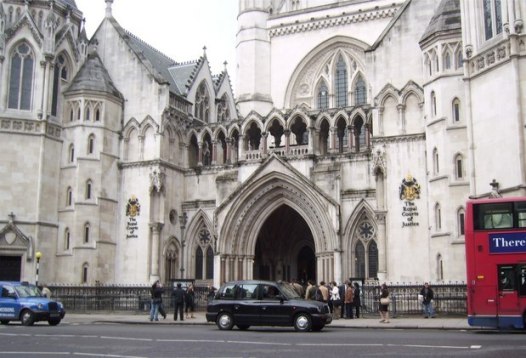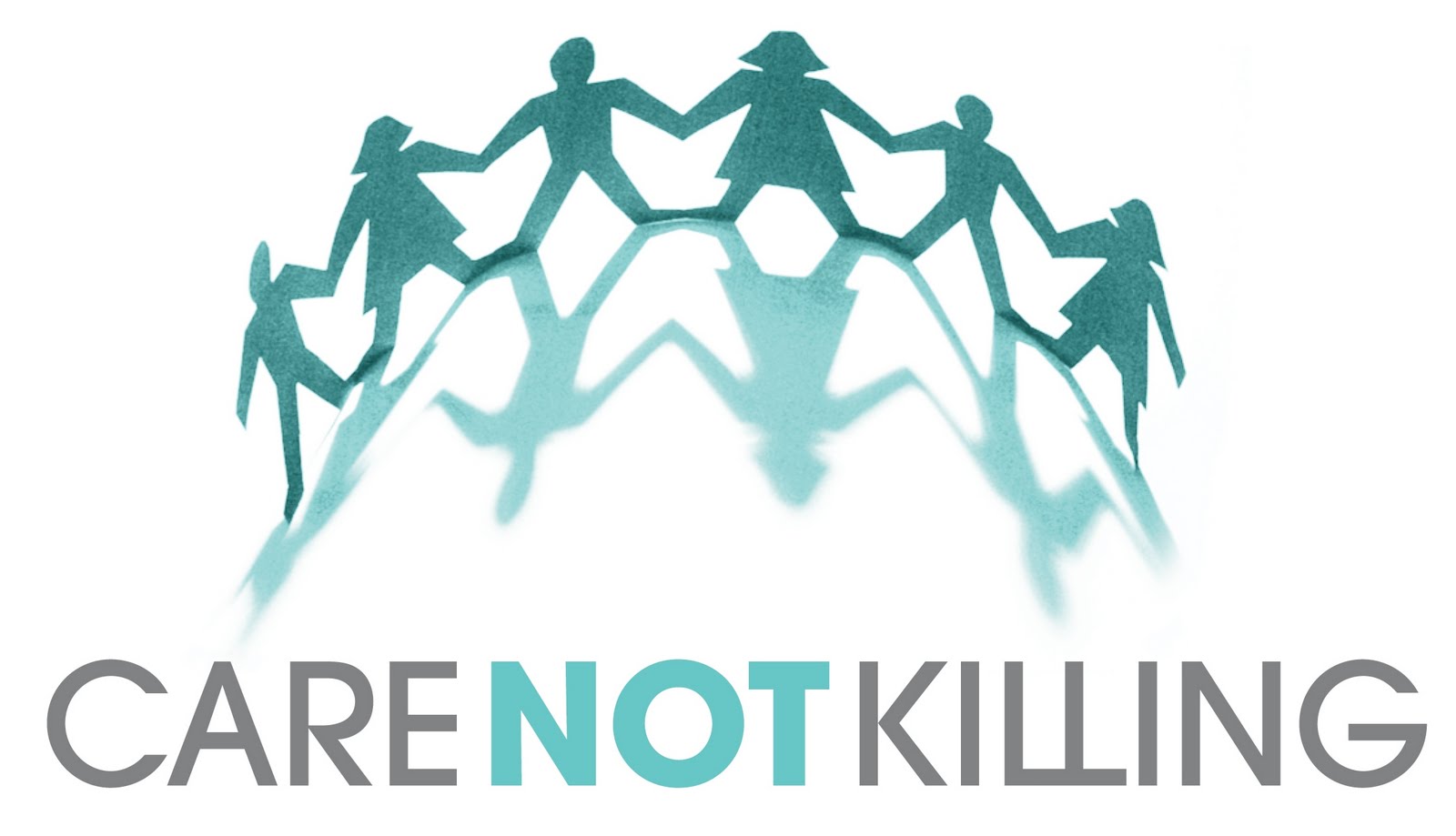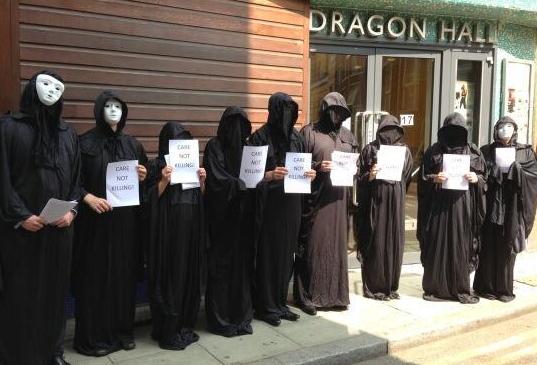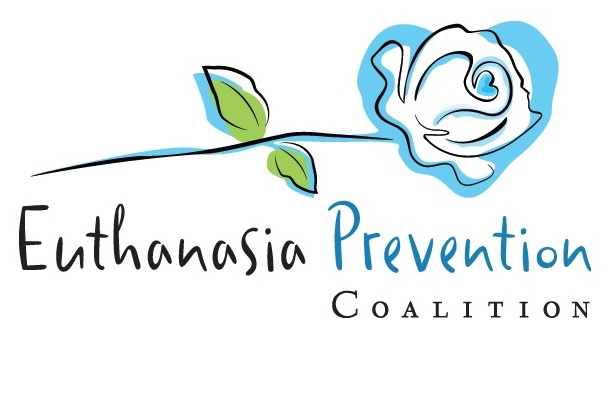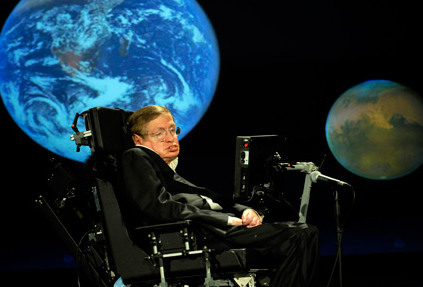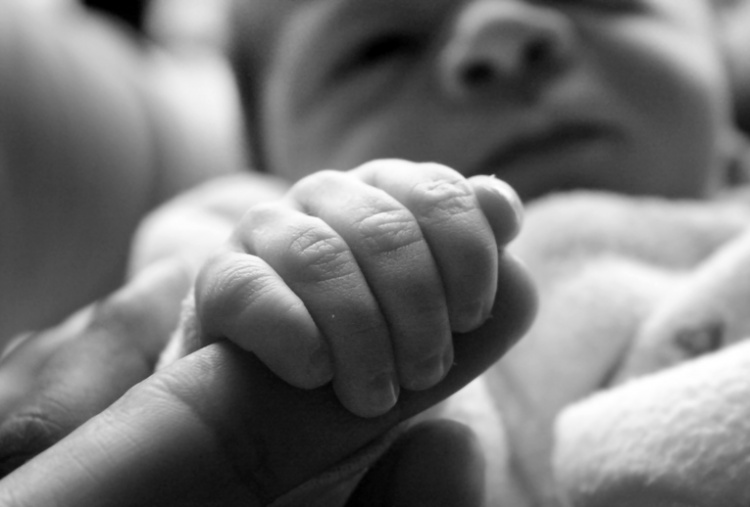Care Not Killing (CNK), the UK's leading anti-euthanasia campaign group, has welcomed today's decision by all three judges in the Appeal Court to comprehensively and completely reject the Nicklinson and Lamb cases.
However, it expressed concern about the 2-1 decision in the Martin case to seek further clarification of the DPP guidelines for so-called 'class two' cases relating to assisted suicide, requiring the involvement of a health professional.
Dr Andrew Fergusson, a spokesman for CNK, said: "We welcome today's ruling by the Appeal Court on the Tony Nicklinson and Paul Lamb cases, in which CNK intervened. The judgment comprehensively and completely dismissed these appeals, which sought to alter legislation covering murder.
"All three judges strongly rejected the notion that 'necessity' should be a defence in euthanasia cases, saying this was not compatible with English Law. Further, the blanket prohibition on assisted suicide in the UK is not contrary to Article 8 of the European Convention on Human Rights.
"The judges, the Lord Chief Justice, Lord Judge, the Master of the Rolls, Lord Dyson and Lord Justice Elias, recognised that changing the laws on murder and suicide are matters for Parliament alone. They acknowledged that these issues had been debated by Parliament frequently in recent years.
"And they confirmed the simple truth that the current law exists to protect the vulnerable and those without a voice: disabled people, terminally ill people and elderly people, who might otherwise feel pressured into ending their lives."
Dr Fergusson continued: "Two of the three judges concluded that the DPP should issue some very minor clarification to the prosecution guidelines covering assisted suicide for 'class two cases' requiring the involvement of a health professional. We were persuaded by the dissenting opinion from the UK's most senior judge that change was unnecessary and unhelpful, but, importantly, this clarification does not change the current law.
"These latest court cases, along with previous cases and the numerous debates in Parliament confirm that there is a limit to choice in a democratic and tolerant society. The judges acknowledged these are three tragic cases but agreed with our view that it is not acceptable to expect the state to sanction and condone murder.
"I hope this latest decision will now draw a line once and for all under the legal debate and allow politicians, society as a whole, and health professionals to focus attention on how we care for the terminally ill, disabled and elderly."
READ: Court of Appeal (Civil Division) judgment
Background to the cases:
(December 2011) A severely disabled man from Wiltshire is to ask the High Court to allow a doctor to end his life.
(August 2012) Care Not Killing welcomes the High Court ruling on the 'Tony Nicklinson' and 'Martin' cases
(August 2012) Pleas to change law in locked-in syndrome cases rejected: 'dispassionate court' gets it right- compassionately
(April 2013) 'L' drops anonymity in Nicklinson appeal
(May 2013) The latest attempts to bring euthanasia and assisted suicide to Britain have begun
© Image copyright of Val Pollard and licensed for reuse under Creative Commons Licence






